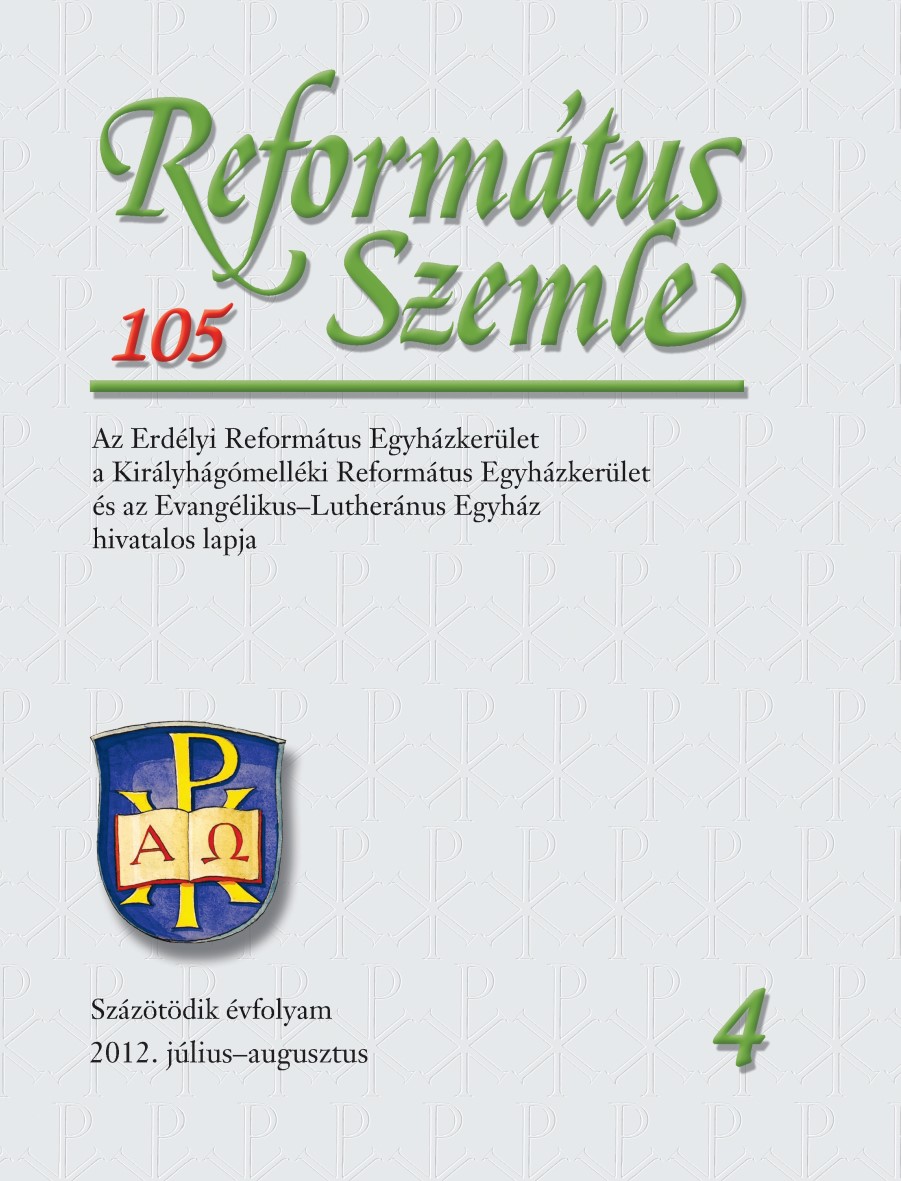Holland irányzatok és erdélyi követőik
Dutch Theological Trends and Their Transylvanian Followers
Author(s): Vilmos József KolumbánSubject(s): Christian Theology and Religion, History of Church(es), Theology and Religion
Published by: Erdélyi Református Egyházkerület
Keywords: Dutch theology;Dutch theology and Transylvania; Arminianism;Leiden; Johannes Koch
Summary/Abstract: The Arminianist doctrine concerning predestination as well as Cocceius’ theology of the covenant, which intended to dilute the inflexibility of the Dordrecht decisions, kept the Dutch theology of the seventeenth century in fever, causing serious problems even during the first half of the eighteenth. The Hungarian adepts of these doctrines were Sámuel Nádudvari, József Makfalvi, András Huszti, György Verestói and Ferenc Csepregi Turkovics, who, after their return home, began to disseminate the teaching, which differed from the confessions of the Transylvanian Reformed Church. The lawsuit and legal process concerning doctrinal errors,however, was initiated and carried out only in the case of Huszti, Nádudvari and Makfalvi. The comparison between these lawsuits reveals numerous similarities both regarding procedural matters and the nature of the heterodoxy, which was provable beyond doubt in each instance.The heads of the charge were almost identical (Pelagianism, Arminianism etc.). Despite the certainty of their heterodoxy, one ought not forget that in all three cases some personal tragedies and human incompatibilities were lurking in the background. Whilst Csepregi and Verestói could easily clear their names of any suspicion of heterodoxy, the other three theologians (Huszti, Nádudvari and Makfalvi) did not take this opportunity, which ultimately caused an irreparable break in their careers.
Journal: Református Szemle
- Issue Year: 105/2012
- Issue No: 4
- Page Range: 404-422
- Page Count: 19
- Language: Hungarian

